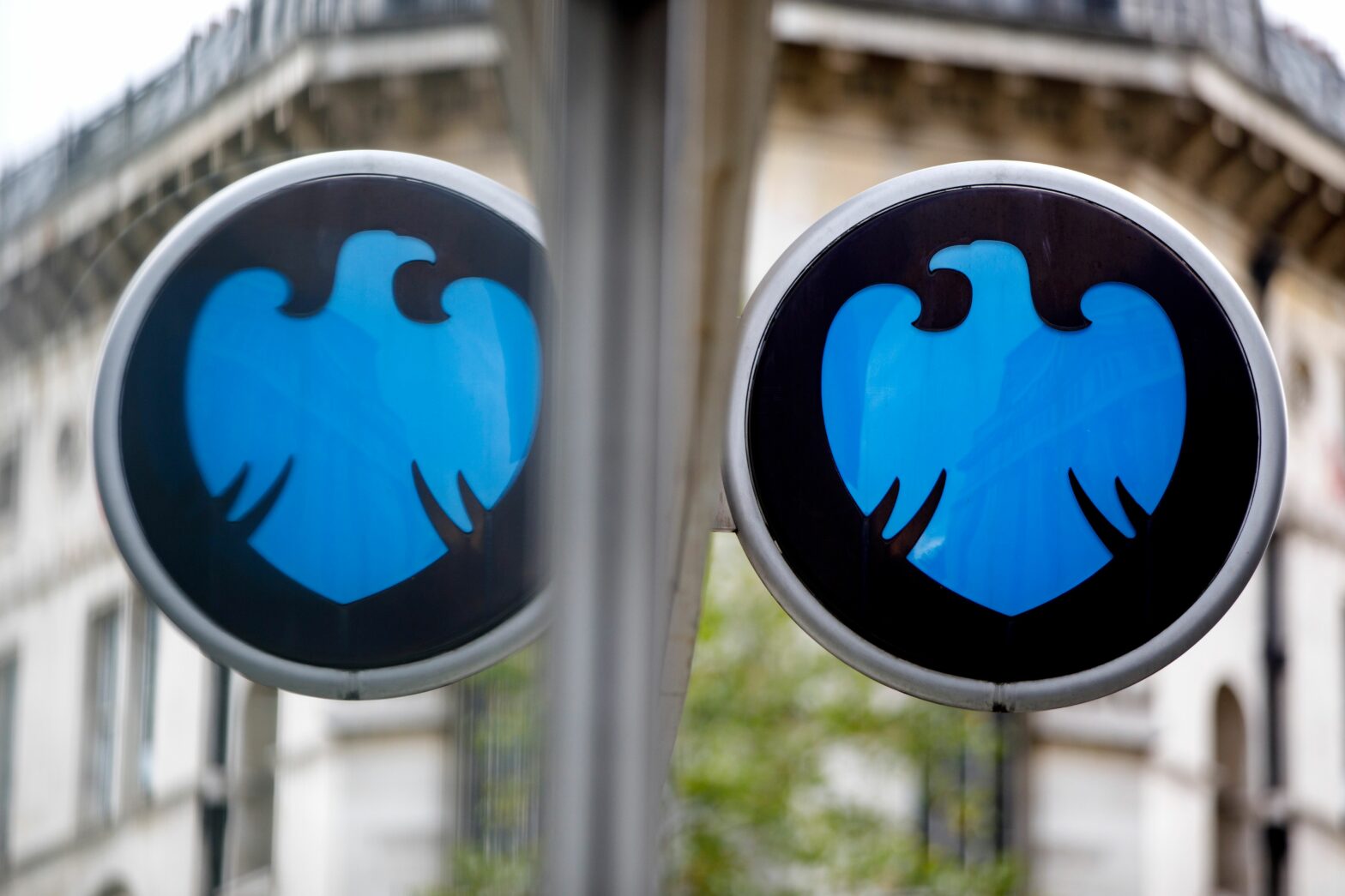Information Age spoke to Louis Warner COO at the Founders Factory on the benefits of tech incubators and accelerators, both to entrepreneurs but also companies. Then we spoke to entrepreneurs who have experienced either, or both.
What are tech accelerators and incubators?
An incubator, says Warner, “is where we take ideas and fantastic founders and through a process we start companies that can solve problems which can be scaled using technology.
“Usually an incubation period lasts over six months.”
During this period the entrepreneurs are provided with a location, the opportunity to interact with like minded people, and they are provided with an enormous level of coaching and wider support.
It may be worth returning to the ‘solving problems’ comment, above. Warner, like so many entrepreneurs and entrepreneur mentors, believes a good starting point is finding a problem that needs solving. Too many startups begin with a technology in search of a problem to solve — after all, as they say, if you have a hammer, everything looks like a nail.
Louis Warner: “We try and get to market with minimum lovable product — find a real problem that is solvable. Our view is that if you can solve a problem for a small group of people very quickly, then you have a business, it’s a case of finding that white hot sensor of a problem to solve.”
For the Founders Factory, the hope is that at the end of the incubation, the company will be ready to migrate into the accelerator.
An accelerator,” says Warner, “takes existing companies, with an existing team and existing idea, and accelerates them by improving all aspects of the operation, getting them into the best position, so that they can scale faster. An accelerators function is there to help a company grow rapidly.”
UK tech entrepreneurs’ advice
UK tech entrepreneurs’ advice
Accelerators usually last for a specific time frame — often six months, although Louis says that “we support startups after the six months period, which often stay in their building, providing access to support networks.”
As part of the tech accelerator an organisation like the Founders Factory will support the companies on their programme seeking investment.
“Our startups have secured 150 pilots and gone on to raise £120 million in capital,” he said.
MVP to MLP
The startup culture is closely embedded to the idea of lean startups. Both tech incubators and accelerators tend to put a great deal of emphasis on this approach. It involves producing a version of a product as quickly as possible and which is then tested — this initial product is called the minimum viable product or MVP — although Warner uses a different phrase — minimum lovable product.
“We try and get to market with minimum lovable product — find a real problem that is solvable. Our view is that if you can solve a problem for a small group of people very quickly, then you have a business, it’s a case of finding that white hot sensor of a problem to solve.”
The link with corporations
In the era when technology disrupts so quickly, large companies need a way to innovate rapidly.
Lean startup for tech entrepreneurs
“Innovation happens on the fringes,” says Warner, “for example, at universities or with entrepreneurs, most of the biggest innovations have not happened in corporates.”
The Founders Factory is backed by a number of large companies — L’Oréal, EasyJet, Viva, Guardian Media Group, Marks and Spencer, Standard Bank, and Netcare in South Africa — these organisations have equity in the Founders Factory and in exchange for supporting startups via its incubator and accelerator programme the Founders Factory usually takes equity in the participating companies.
But these backers gain another advantage. They can work closely with the companies on the accelerator scheme, because “to really understand what is going on in innovation, they need to be really close to where it is happening.
“So they get close to innovation and they can come to the Founders Factory and help build business.”
Warner describes the process as cross pollinating knowledge.
He cites an example. One company on the accelerator has an influencer/marketing platform. A company like L’Oreal “has had a lot of success with Instagram influencers,” so they can leverage this platform to explore new ways to communicate with customers.
So, for the backers of the Founders Factory, tech accelerators and incubators provide an opportunity to get close to entrepreneurs, understand new ideas that are percolating, jump on new opportunities and maybe establish long-term partnerships with the companies or invest directly into them.
Real life examples
Neil Cocker is a tech entrepreneur who has founded the largest tech community in Wales, along with working with the UK government, Welsh government, 10 Downing Street, the Swiss government and the Royal Household. He has mentored startups in five different countries.
He raises a note of caution. “I believe that some incubators can do more harm than good. By reducing overheads (e.g. free desk space for lengthy periods) and not concentrating on the right things, they just prolong a period of failure that should have taken months, not years. This can mean that the entrepreneurs are too burnt out to try again. In an ideal world they would fail quickly, enough to have learned lots, and also have sufficient energy and enthusiasm to carry this knowledge into a new business. If they just go and get a job, much of their potential value is lost to the economy.”
Nikolaus Suehr, is the, co-founder of KASKO. “At KASKO we have participated in more than ten such programmes,” he says. Tech accelerators and Incubators vary so much that their value to a startup depends massively on a company’s stage and its founder’s experience.
He has learned some lessons though:
• If you are an inexperienced founder a general accelerator that will get you ‘seed investment ready,’ such as Seedcamp, is time and equity well invested. It is less relevant for experienced founders. Seedcamp was instrumental in the early days for us, we were willing to listen and learn and they helped us by preparing us for larger investment as well as helping us see value in our core products. I would always recommend at least having a conversation with them, they know what the deal is for early-stage startups as we were.
• Corporate accelerators are really good for latter stage companies to engage with potential buyers, understand their needs and get actual pilots or products to market. However, take stock of potential time invested in the acceleration piece. It can be costly in terms of time commitments. In our InsurTech/ FinTech circles, good ones to consider include Accenture Fintech Innovation Lab, Various SBC programmes or OTP Banks’ accelerator.
• Business Development accelerators are purer business development and networking platforms, which are really good for scale-ups with product-market fit. They have the same advantages as corporate accelerators but without the time investment in participating in acceleration modules.
Robert Vis, is CEO and Founder of cloud communications platform provider MessageBird. His entrepreneurial success began in an Amsterdam garage with a few friends. Fast forward a decade and MessageBird is a global operation with seven offices worldwide and more than 15,000 customers including Uber and Google, as well as integrations with WhatsApp and WeChat.
MessageBird was bootstrapped and profitable for five years, getting to a $100m run rate, before joining the accelerator Y Combinator. By then, they were practically the “grandpas of their batch’. However, for Robert, it was vital to stay as lean as possible for as long as possible, doing cross-border business from the get-go and bootstrapping profitability for six years. Not long after joining the accelerator, MessageBird raised the largest Series A ($60m) ever secured by a European software company.
Information Age comment
Tech accelerators and incubators are playing a key role in the creation of a tech entrepreneurial culture. They are not right for everyone, but many techs startups that have gone on to greater and better things were given an invaluable start by joining such schemes.
The Founders Factory was launched by Brent Hoberman and Henry Lane Fox; it has offices in London, an office in Johannesburg, for supporting pan African operations startups across Africa, and an office in Paris. It has recently passed 100 startups in its portfolio.







